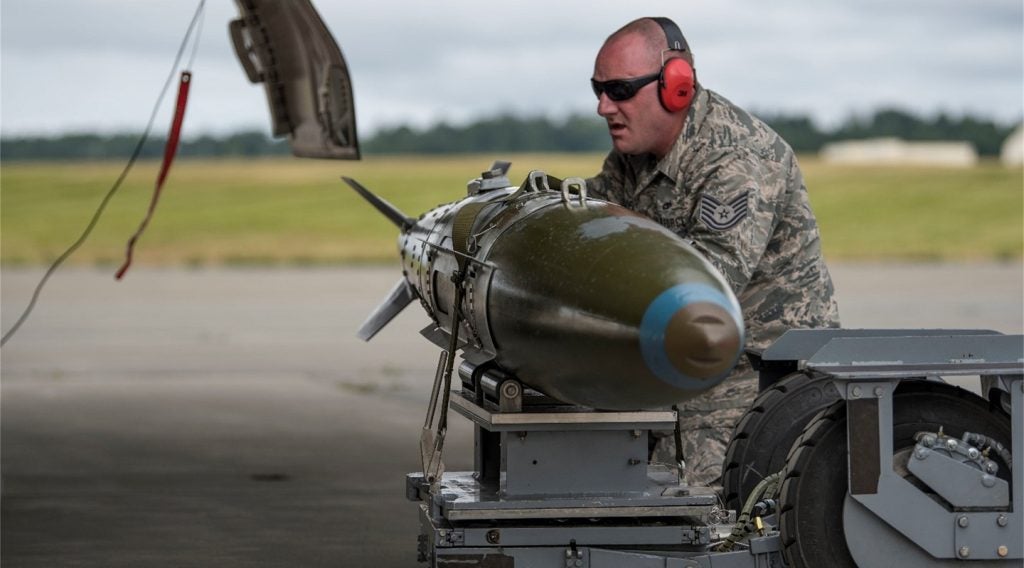Raytheon has conducted precision navigation and timing capability testing of the US Air Force's (USAF) global positioning system next-generation operational control system (GPS OCX).
This testing involved the demonstration of end-to-end functional checkout and integration of Block 1 capabilities of the OCX.
The OCX development is delivered in 'blocks', with Block 0 comprising of the launch and checkout system to take GPS III satellites into early orbit, Raytheon said in a statement.
Block 1 is built on Block 0 and delivers the full OCX capability, which allows the USAF to transition from its current GPS ground controls to the modernised and secure GPS OCX master control station.
Raytheon said that it recently completed a series of risk reduction functional checkouts of OCX Block 1 capabilities, with a focus on OCX software.
During this development activity, the company integrated iteration 1.5 of the OCX Block 1 Master Control Station with the GPS system simulator and ran operational scenarios.
How well do you really know your competitors?
Access the most comprehensive Company Profiles on the market, powered by GlobalData. Save hours of research. Gain competitive edge.

Thank you!
Your download email will arrive shortly
Not ready to buy yet? Download a free sample
We are confident about the unique quality of our Company Profiles. However, we want you to make the most beneficial decision for your business, so we offer a free sample that you can download by submitting the below form
By GlobalDataThe testing involved GPS constellation management and sustainment, as well as demonstration of OCX's abilities for precision navigation and timing capabilities in a fully cyber-hardened environment.
The company also operated Kalman filters and generated GPS satellite navigation uploads, during the trials.
Raytheon is developing the GPS OCX under a contract with the USAF Space and Missile Systems Center, which is replacing the current GPS operational control system.
The OCX is said to provide modernised capabilities for GPS users, which include robust cybersecurity and deployment of jam-resistant, operational military code (M-code).







